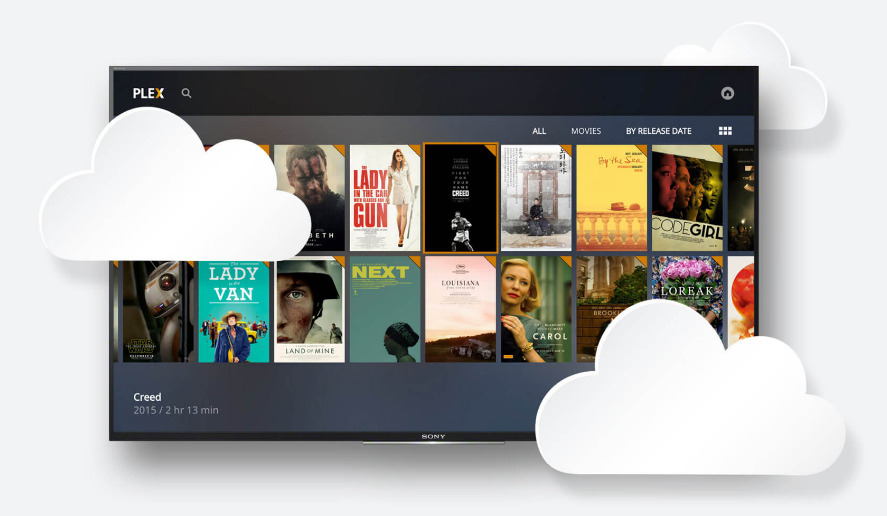

It turns out a lot can go wrong,” a blog post then admitted.

“It’s definitely not a trivial thing to take the best media server on the planet and make it work seamlessly as a scalable cloud service, load-balanced and clustered across multiple geographic regions. The company admitted last March the problems it was having were very difficult. This led to some technical challenges Plex hasn’t been able to overcome, though it sometimes declined to explain what exact challenges Plex Cloud was facing. That meant the media was hosted independently of local storage, and was transcoded for compatibility with Plex player apps, as needed. Unlike Plex’s Cloud Sync, which syncs select local media to the cloud to access when the local server was offline, Plex Cloud is a full-fledged Plex Media Server in the cloud. There were also concerns that Plex Cloud users whose libraries included pirated movies and TV shows could be putting themselves at risk by publishing those files to the cloud. Users were complaining that Amazon Drive files couldn’t be accessed and wondered if Amazon was imposing upload limits. Plex Cloud had struggled from the beginning with technical issues.Īlmost immediately, its debut launch partner, Amazon, stopped working with Plex Cloud. Plex Cloud, launched in fall 2016, was meant to serve as a way for Plex customers to save their files to online storage services like OneDrive, Dropbox and Google Drive, instead of having to host their saved files locally on their own machines or network-attached storage devices.īut now that will no longer be an option, as the service will stop functioning on November 30, 2018, Plex says. Plex today announced it’s shutting down its troubled Plex Cloud service, via a forum post that hasn’t found its way over to the company’s official blog - likely a choice the company made in order to downplay the news, or avoid media scrutiny.


 0 kommentar(er)
0 kommentar(er)
